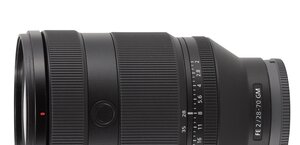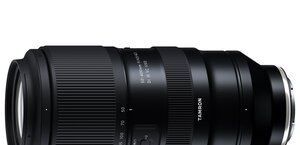Sigma S 500 mm f/4 DG OS HSM
10. Autofocus
Still after adding the newest, original Sigma 1.4x converter those times are extended by about 0.2 of a second.
With the lens attached to the Canon 80D these times seem to be slightly shorter but then the cooperation with the teleconverter should be reassessed as well. If the distance scale is set near 3-4 metres and the object is situated near infinity the lens sometimes can’t find the proper setting. It goes half of the range forward, stops, returns, bounces from the minimum and only then it hits the right focal point. When it comes to work without the converter, such situations are very rare.
Please Support UsIf you enjoy our reviews and articles, and you want us to continue our work please, support our website by donating through PayPal. The funds are going to be used for paying our editorial team, renting servers, and equipping our testing studio; only that way we will be able to continue providing you interesting content for free. |
- - - - - - - - - - - - - - - - - - - - - - - - - - - - - - - - - - - - - - - - - - - - - - - -
Still it’s worth noticing that the Sigma has an important advantage over Canon and Nikon telephoto lenses. In its case the autofocus working range can be fine-tuned by a user with the help of the USB Dock and it might be as precise as you please. For example if you take photos of birds from a hunting blind you roughly know where they would sit. You can set the working range accordingly, e.g. from 5 to 10 meters, and concentrate on a selection of spots. Your working speed and accuracy will be great, and you won’t experience any autofocus hunting. It is a very serious asset because autofocus hunting can happen even to expensive Canon instruments, especially if they are attached to a teleconverter.
When it comes to the autofocus accuracy we don’t have slightest reservations. In fact we couldn’t notice any differences between the performance of the Sigma and that of the Canon 4/400 DO II, tested by us not so long ago. What’s more, when both of these lenses cooperated with original 1.4x teleconverters (produced by Canon and Sigma respectively) the Sigma set seemed even a tad more predictable.
As you can notice in photos below the Sigma didn’t have any problems with front or back focus tendencies, no matter what body we attached it to during our test.
| Canon 80D, f/4.0 |
 |
| Canon 5D MkIII, f/4.0 |
 |






